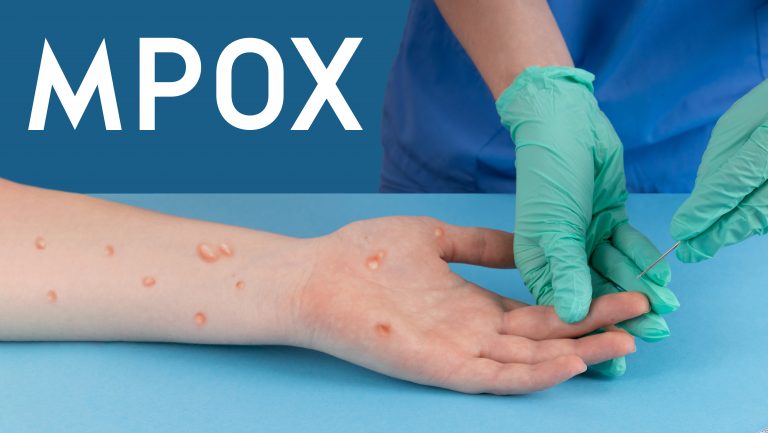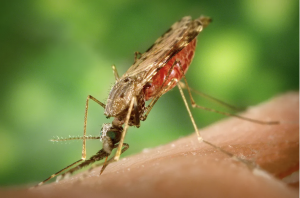The World Health Organization (WHO) has declared the situation in the Democratic Republic of the Congo (DRC) and other affected African countries a Public Health Emergency of International Concern (PHEIC) on 14 August 2024. This declaration is the second in two years calling for coordinated global efforts, including accelerated vaccine access and increased resources for surveillance and response. The six WHO regions have been reporting mpox cases since 1 January 2022, receiving reports of mpox cases from 116 countries involved in the ongoing global outbreak . The rise in cases and deaths, particularly among children, is linked to the discontinuation of the smallpox vaccine and high malnutrition rates in affected regions.
Sweden confirmed its first case of mpox clade I on 15 August 2024.The patient was infected in a region of Africa experiencing a large outbreak of clade I mpox. The Swedish patient has received appropriate care according to health guidelines. This is the first confirmed case of clade I mpox outside Africa.
The Africa Centres for Disease Control and Prevention (Africa CDC) declared the ongoing mpox outbreak a Public Health Emergency of Continental Security (PHECS) on 13 August 2024, marking the first such declaration by the agency. This empowers Africa CDC to lead and coordinate health emergency responses across the continent, including mobilizing resources, enhancing surveillance, and strengthening health systems.
African health officials reported a surge in mpox cases in 2023, warning of a high risk of transmission to neighbouring countries and beyond due to the continent’s lack of treatments and vaccines. The situation is concerning due to changing transmission dynamics, a high mortality rate, and the social and economic impacts of the mpox virus. Significant challenges exist in accessing medical countermeasures, such as diagnostics for early detection and prevention. The outbreak poses a common threat to health and economic security, emphasizing the urgent need for all African Union member states to address this issue.
The outbreak has affected 13 African countries since 1 January 2024, reporting 18 737 cases (3 101 confirmed, 16 636 suspected) and 541 deaths [case fatality ratio (CFR): 18 737/541=2.89%], namely; Burundi, Cameroon, Central Africa Republic (CAR), Congo, Cote d’ Ivoire, DRC, Ghana, Kenya, Liberia, Nigeria, Rwanda, South Africa, and Uganda have declared an outbreak of mpox.
In May 2022, DRC confirmed a mpox outbreak caused by the mpox clade I virus. In June 2024, a mutant strain, clade Ib, was reported along the eastern border with Rwanda, Burundi, and Uganda, causing public health concerns due to its 10% mortality rate and association with miscarriages. Originally spread through sexual contact, the new strain can also be transmitted through close skin contact. The WHO warns of cross-border and international transmission risks. Cases have been reported among schoolchildren, medical staff and entire households.
South Africa is currently experiencing an outbreak of mpox clade II, and has not detected any cases of mpox clade I. Although much remains unknown about the new mutated clade 1b strain. As a response to mpox declared as a PHEIC by WHO and PHECS by Africa CDC, South Africa continues to prioritize enhanced surveillance and raising awareness for mpox. Due to travel and trade in Africa and considering the increase of mpox cases, African countries need to enhance their existing frameworks, protocols, strategies, and agreements to improve cross-border solidarity, collaboration, and coordination in addressing infectious disease issues.
For more information about Mpox and live Mpox case statistics, click here.





